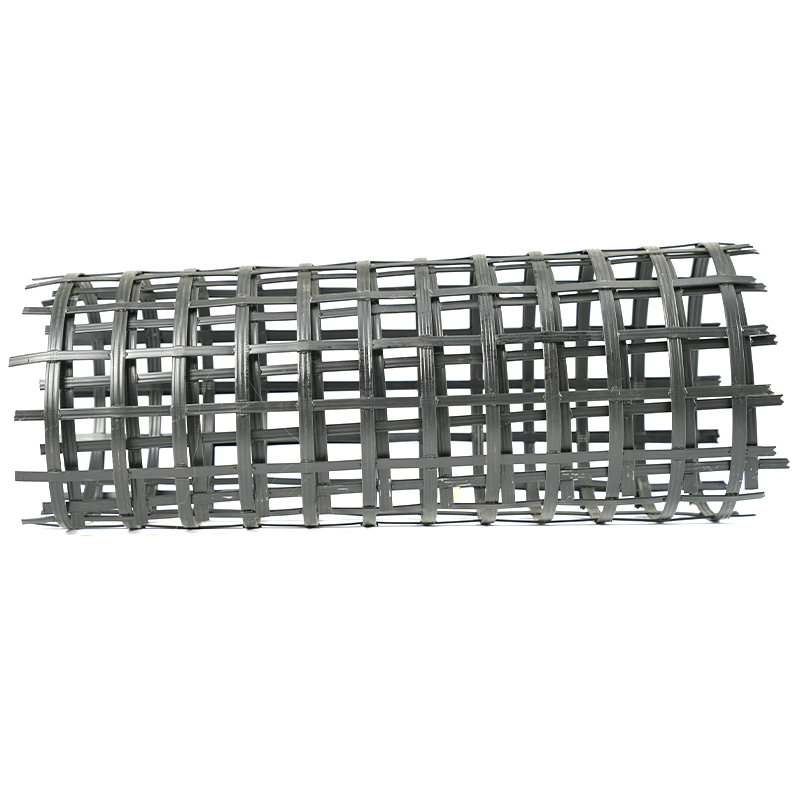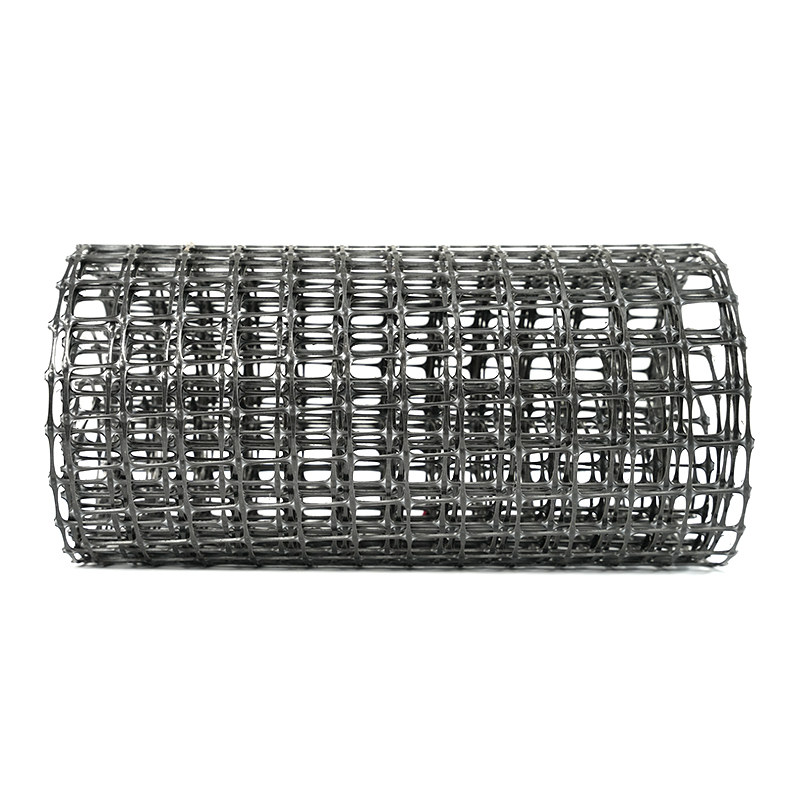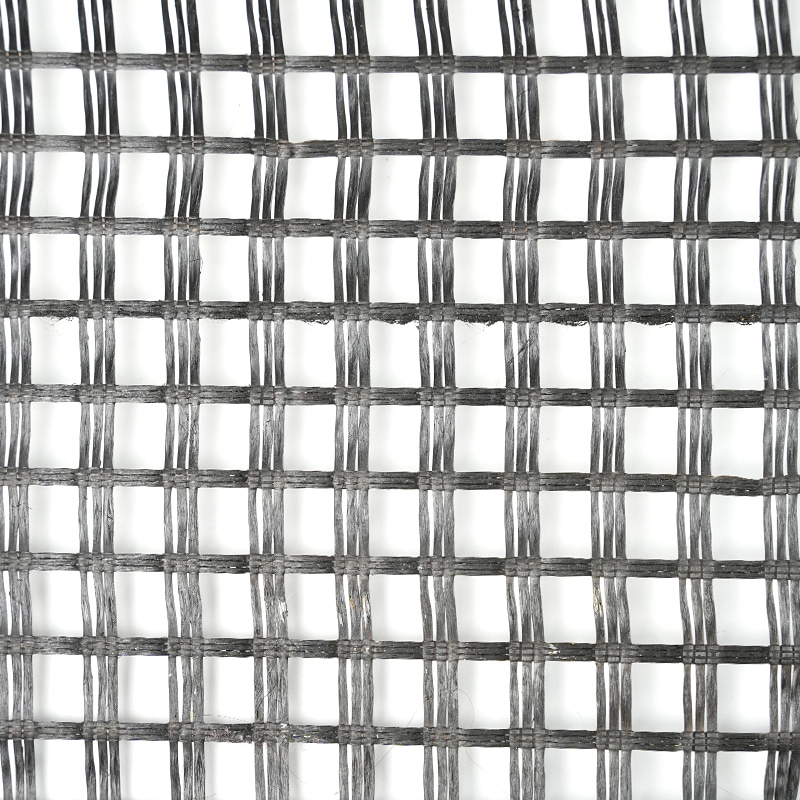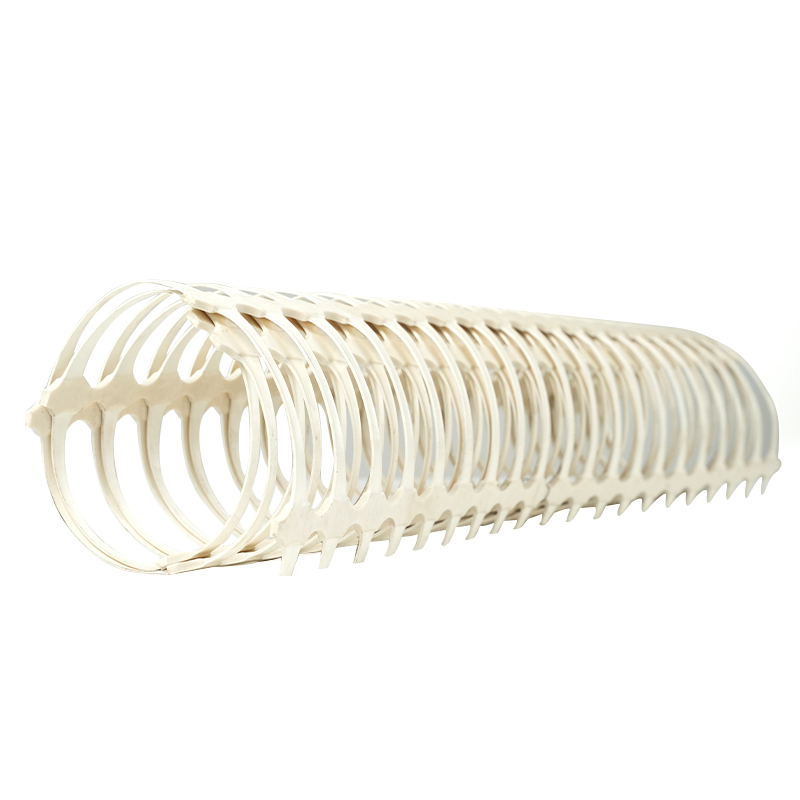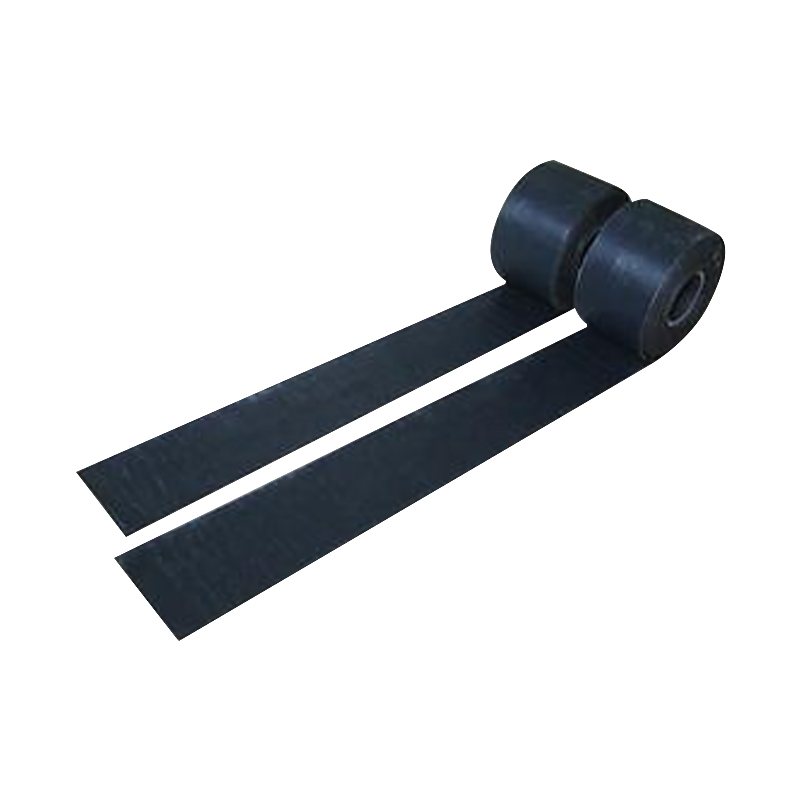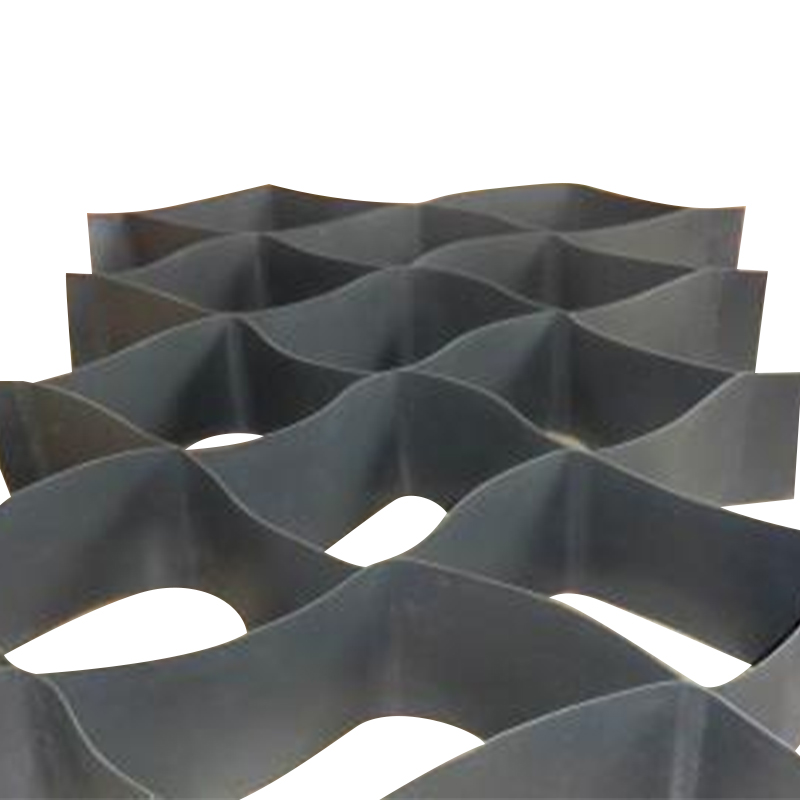Granulator, also known as a granulator, is an important piece of equipment widely used in many industries. One of its main functions is to convert powdered or fine granular raw materials into uniform granules. This process not only improves the physical properties of the material, but also significantly improves the flowability of the material. Good flowability is essential to improving production efficiency, ensuring product quality, and reducing waste in the production process.
1. Reduce material adhesion
Powdered materials tend to have a high surface area and tend to adhere to each other during transportation and processing, resulting in poor flowability. Granulator effectively reduces the contact area between particles and reduces adhesion by converting powdered materials into larger and uniform particles. Granular materials are less likely to form blockages when flowing in pipes and equipment, thereby improving the operating efficiency of the production line.
2. Improve particle consistency
During the granulation process, the Granulator can evenly distribute and shape the powdered material into particles of uniform size. The consistency of the particles has a significant impact on flowability. Particles of uniform size can maintain stable flowability during transportation and processing, avoiding the stratification phenomenon caused by particles of different sizes during the flow process.
3. Improve particle shape
The shape of the particles also has a great influence on their fluidity. Round or nearly round particles have better fluidity than irregular particles. Granulator can form powder materials into regular particles through compression, extrusion, rotation and other processes during the granulation process. These regular particles can flow more smoothly during transportation and processing, reducing friction and resistance, thereby improving overall fluidity.
4. Reduce humidity and static electricity
Powder materials are usually easy to absorb moisture and clump in high humidity environments, which affects fluidity. Granulator can reduce the humidity of the particles by adding an appropriate amount of adhesive or lubricant during the granulation process, and ensure that the particles reach the ideal moisture content through the drying process. At the same time, granular materials are less prone to static electricity accumulation than powder materials, reducing the problem of material adhesion and reduced fluidity caused by static electricity.
5. Enhance particle strength
Powder materials are prone to breakage and dust generation during transportation and handling, resulting in decreased fluidity. Granulator improves the mechanical strength of the particles through the granulation process, making them less likely to break during handling and transportation. This not only reduces the generation of dust, but also ensures that the particles maintain integrity during the flow process, improving overall fluidity.
6. Easy to store and transport
Granular materials are easier to store and transport than powder materials. Powder materials tend to clump during storage, affecting their fluidity. Granular materials, on the other hand, can maintain good fluidity, making it easy to take out of the storage container and transport to the production line.



 中文简体
中文简体 русский
русский عربى
عربى

